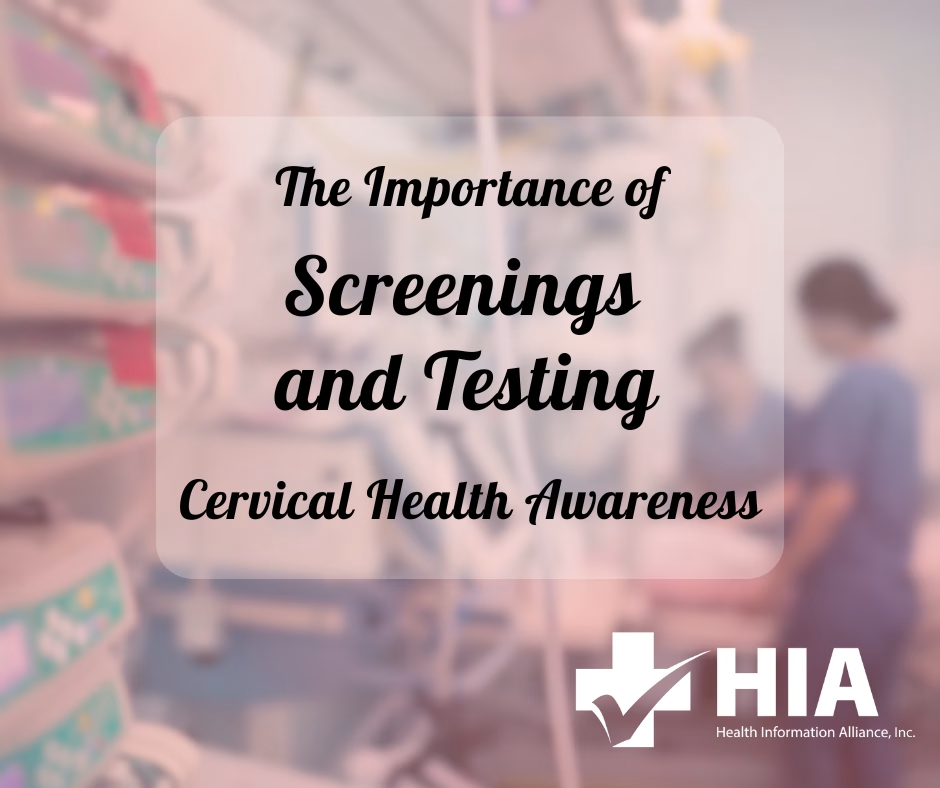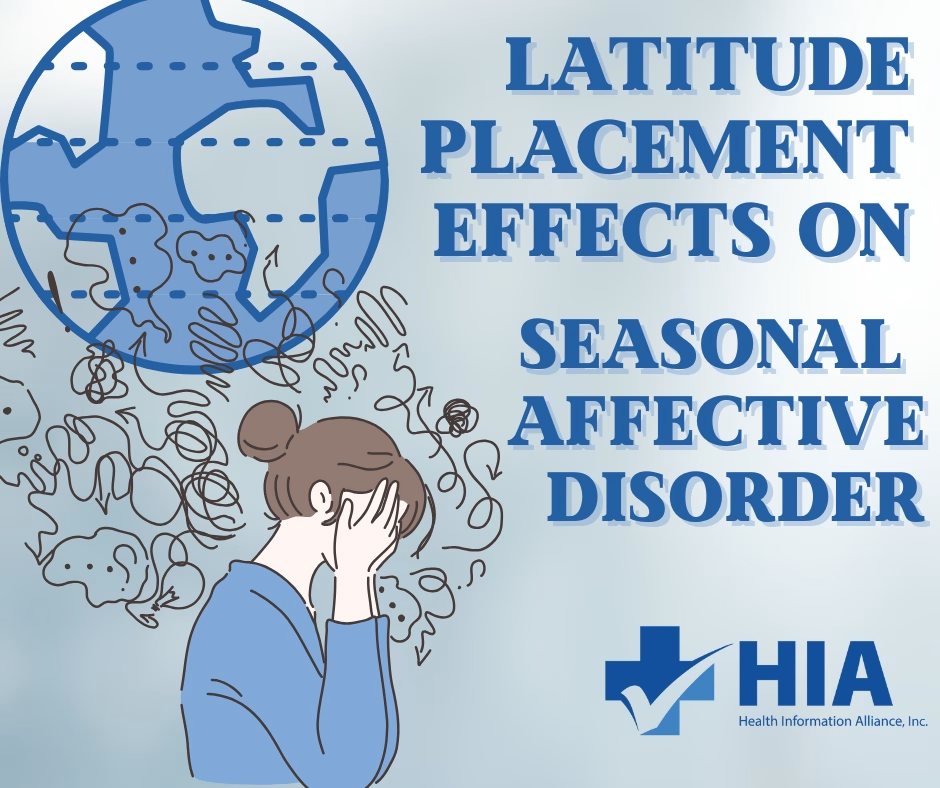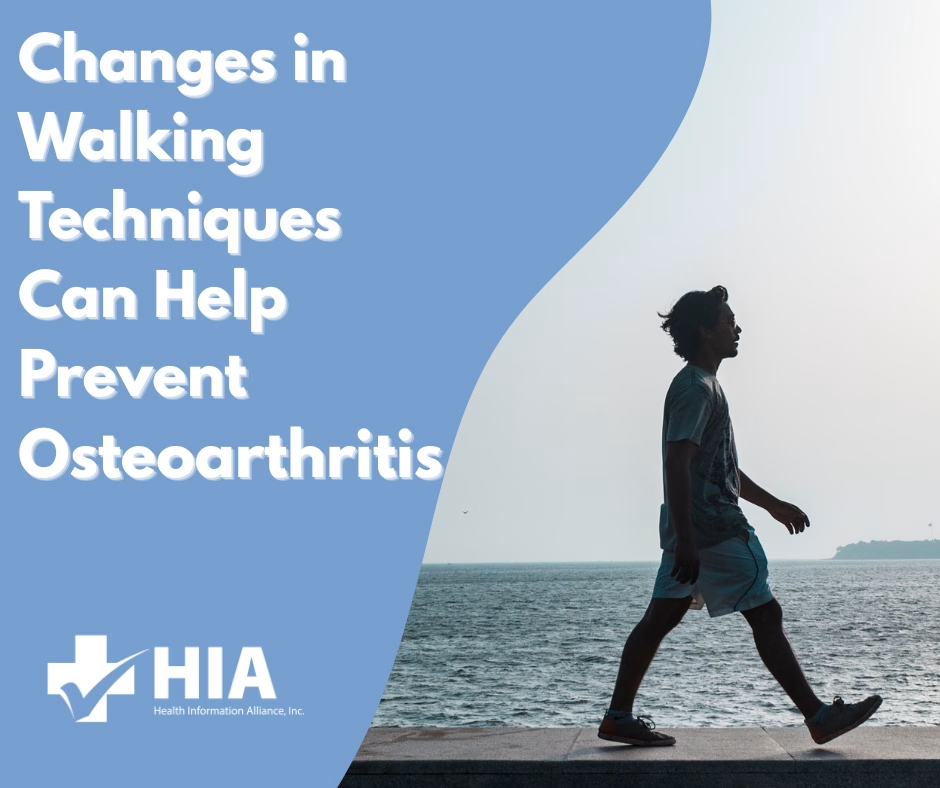Weekend Habits Lead to New Sleep Disorder
A global study led by Flinders University found that obstructive sleep apnea (OSA) symptoms worsen on weekends due to habits like staying up late, sleeping in, drinking alcohol, and inconsistent CPAP use. Researchers call this trend “social apnea.” Data from over 70,000 people showed an 18% increase in moderate to severe OSA on Saturdays, with a 47% higher risk linked to sleeping in by 45 minutes or more. These behaviors disrupt the body clock and increase OSA risk, especially during REM sleep.
What Drives “Social Apnea”?
Researchers pinpointed multiple contributors to this weekend worsening of OSA:
Disrupted sleep schedules – staying up late and sleeping in (commonly termed “social jetlag”) destabilize the body’s internal clock and make sleep lighter and more fragmented
Alcohol consumption – alcohol can relax throat muscles, increasing the likelihood of airway collapse and fragmenting sleep
Inconsistency with CPAP (Continuous Positive Airway Pressure) use – many individuals forgo using CPAP machines during weekend nights, reducing the effectiveness of treatment
Weekend catch‑up sleep – sleeping in by 45 minutes or more increased the odds of elevated OSA risk by 47 %, while a one-hour shift in sleep timing (“social jetlag”) raised risk by 38 %, indicating how even modest weekend deviations can significantly affect sleep quality
Impact was particularly notable among men and adults under 60, though the trend was broadly observed across various demographics.
Broader Implications
Even for individuals without a formal OSA diagnosis, weekend-induced sleep disruptions can pose significant risks:
Fragmented sleep may diminish deep and REM sleep, leading to fatigue, mood disturbances, reduced focus, and hormonal imbalances affecting appetite and weight control
Diagnostic challenges – since sleep apnea testing typically takes place during weekdays, weekend-related severity may be underdiagnosed or mischaracterized
Recommendations to Mitigate Social Apnea
The article outlines several practical lifestyle adjustments to help counteract weekend-related OSA worsening:
Maintain consistent wake-up times, even on weekends. Avoid drastic shifts in schedule, even if bedtime varies
Limit weekend oversleeping. If you need rest, opt for brief daytime naps (30 minutes or less), rather than extended weekend sleep-ins
Alternate alcoholic beverages with water to reduce dehydration and muscle relaxation in the airway
Finish heavy meals early—ideally 2–3 hours before bed—to promote better digestion and reduce reflux or airway irritation
Schedule lighter activities on mornings following late nights to ease sleep debt and avoid overexertion when recovery is needed
Therapists highlighted that small weekend changes can have a ripple effect, not just medically, but in terms of emotional availability and quality time with loved ones—reinforcing that sleep health is deeply relational.






